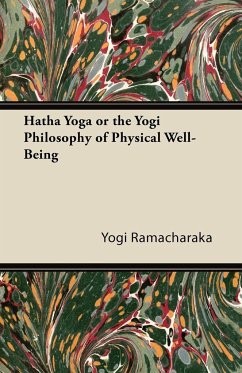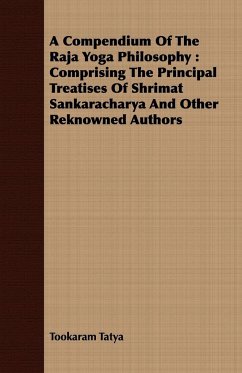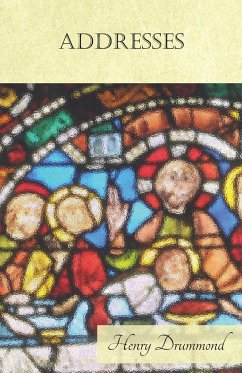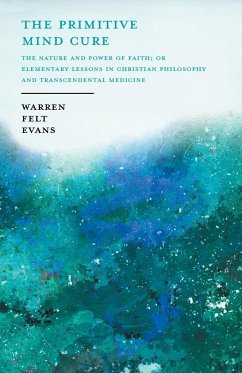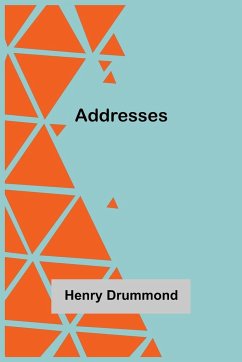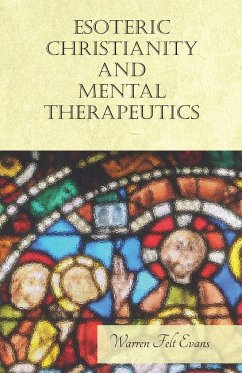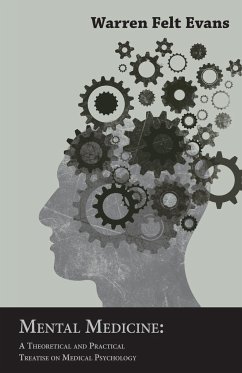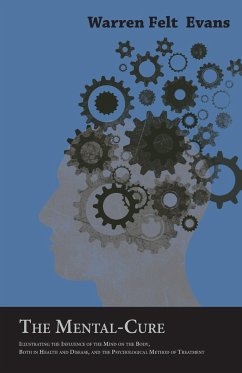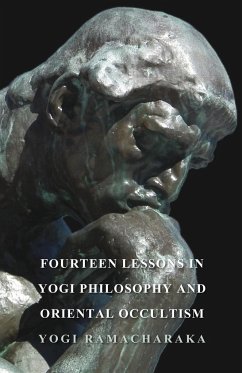
Fourteen Lessons in Yogi Philosophy and Oriental Occultism
Versandkostenfrei!
Versandfertig in 1-2 Wochen
25,99 €
inkl. MwSt.
Weitere Ausgaben:

PAYBACK Punkte
13 °P sammeln!
Fourteen Lessons in Yogi Philosophy and Oriental Occultism by Yogi Ramacharaka is a comprehensive exploration of Yogi philosophy and Eastern occultism, offering readers profound insights into the ancient wisdom, spiritual practices, and mysteries of the East. Fourteen Lessons in Yogi Philosophy and Oriental Occultism by Yogi Ramacharaka is a remarkable work that delves into the depths of Yogi philosophy and the hidden realms of Eastern occultism. This book serves as a comprehensive guide to understanding and applying the esoteric teachings of the East. The book begins by introducing readers to...
Fourteen Lessons in Yogi Philosophy and Oriental Occultism by Yogi Ramacharaka is a comprehensive exploration of Yogi philosophy and Eastern occultism, offering readers profound insights into the ancient wisdom, spiritual practices, and mysteries of the East. Fourteen Lessons in Yogi Philosophy and Oriental Occultism by Yogi Ramacharaka is a remarkable work that delves into the depths of Yogi philosophy and the hidden realms of Eastern occultism. This book serves as a comprehensive guide to understanding and applying the esoteric teachings of the East. The book begins by introducing readers to the fundamental principles of Yogi philosophy, providing a solid foundation for the exploration of Eastern mysticism. Yogi Ramacharaka's insightful explanations set the stage for a deeper journey into the mysteries of the East. Central to the book are the fourteen lessons that cover a wide range of topics, including mentalism, unity, meditation, and the laws of occultism. Each lesson offers readers practical insights and exercises to explore the inner dimensions of consciousness and spiritual growth. Furthermore, the book delves into the esoteric aspects of Eastern occultism, unveiling the hidden wisdom that has been passed down through the ages. Readers will find teachings on the power of thought, the nature of reality, and the secrets of the mind. Fourteen Lessons in Yogi Philosophy and Oriental Occultism is not only a book but also a transformative journey into the mysteries of the East. It encourages readers to embark on a path of self-discovery, spiritual awakening, and the exploration of hidden knowledge. This book is an invaluable resource for spiritual seekers, occult enthusiasts, and anyone interested in the profound teachings of Yogi philosophy and Eastern mysticism. Yogi Ramacharaka's guidance and wisdom continue to inspire and illuminate the path to higher consciousness and spiritual understanding.





